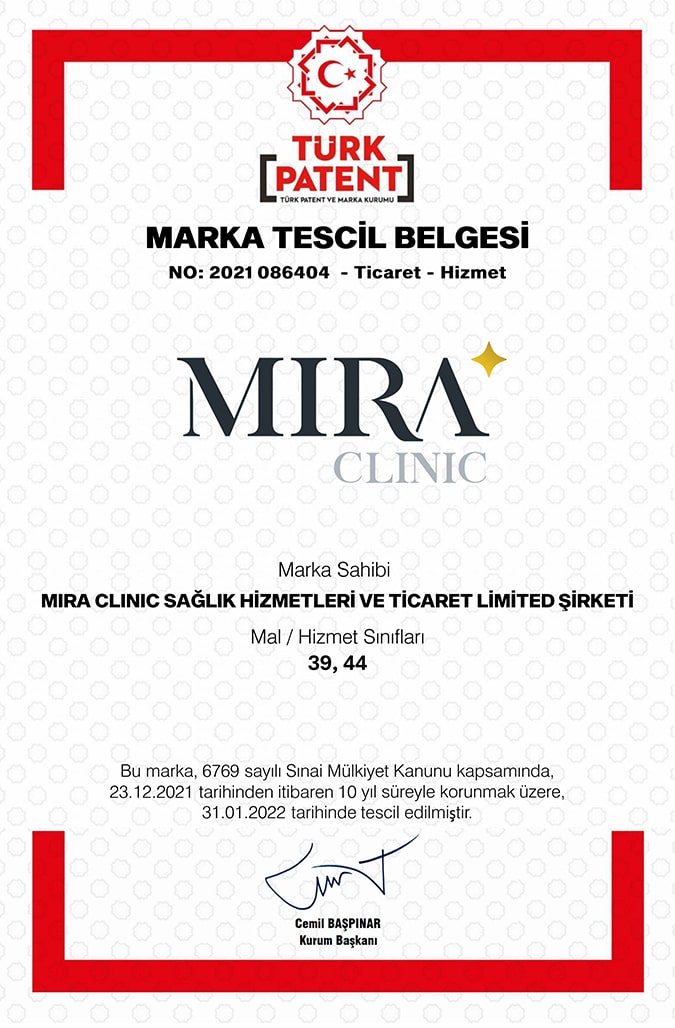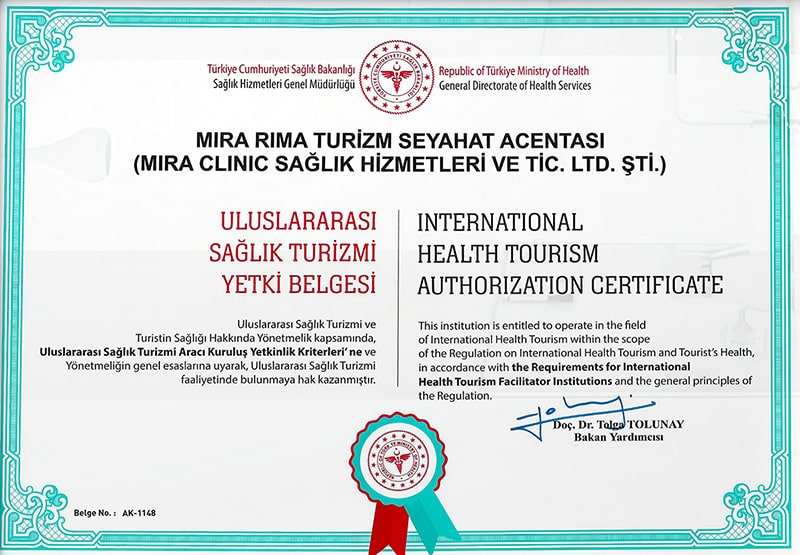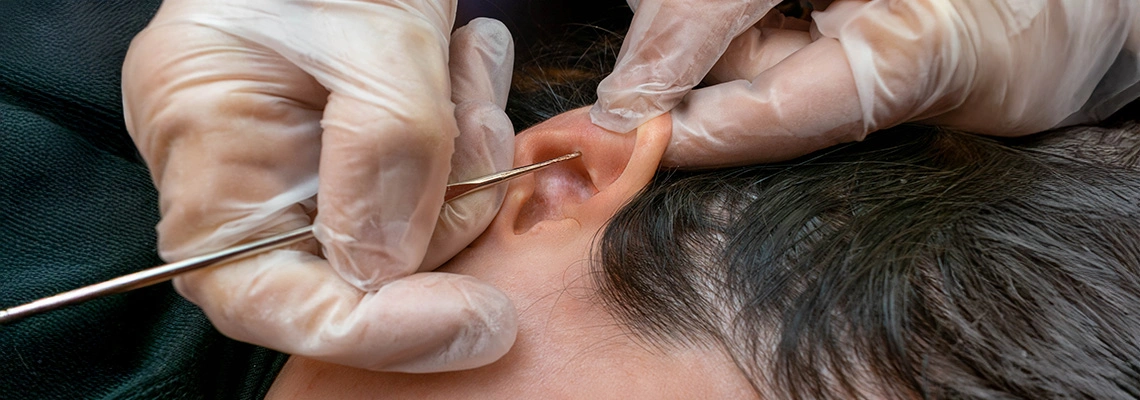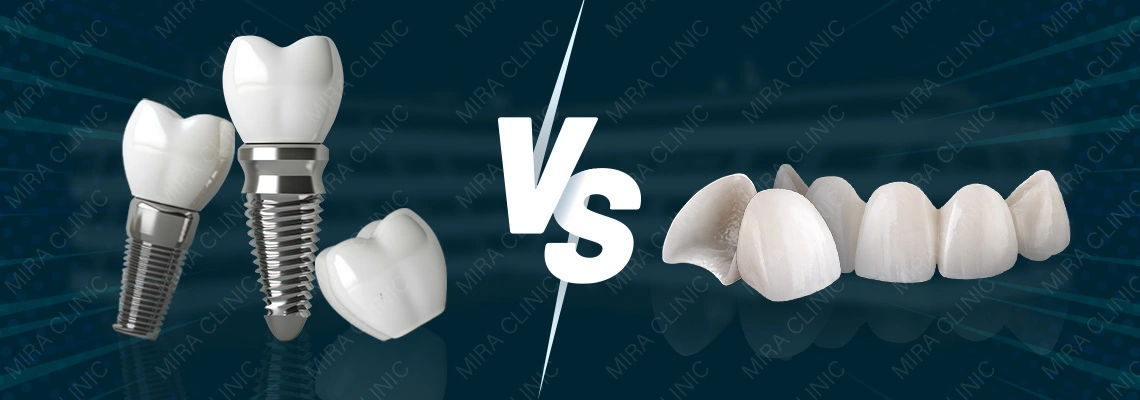A root canal tooth is a tooth that has undergone a root canal procedure. A root canal is a dental procedure that saves a tooth with inflamed or infected pulp. The pulp is the soft inner layer of the tooth that has blood vessels, nerves, and connective tissue. The pulp can get damaged by decay, injury, or repeated dental work. This can cause pain, sensitivity, and swelling. A root canal removes the pulp, cleans the tooth, and seals it. This prevents further infection and tooth loss.
Table of contents:
What is root canal treatment?
Root canal treatment is a way of removing the infected or inflamed pulp from the tooth and sealing the space to prevent further damage. The procedure is performed by a dentist or an endodontist, a specialist in root canal treatment. Root canal treatment can save the natural tooth and restore its function and appearance. It can also prevent the need for more invasive and costly procedures, such as tooth extraction or implant placement.
Related articles:
Root canal treatment steps
Your dentist or endodontist will perform the following steps for root canal treatment as follows:
-
examining the tooth and taking an X-ray to assess the extent of the damage and the shape of the root canals.
-
numbing the area around the tooth with local anesthesia. You may not need anesthesia if the nerve is already dead, but it can help you relax and feel more comfortable.
-
making a small opening on the top or back of the tooth and using special instruments to remove the pulp from the pulp chamber and the root canals. He will also clean and disinfect the inside of the tooth to eliminate any bacteria and debris.
-
filling the space with a rubber-like material called gutta-percha and sealing it with a temporary or permanent filling. They may also place a post inside the tooth to support the filling if the tooth is weak or has a large cavity.
-
placing a crown or a cap over the tooth to protect it and restore its shape and function. The crown may be made of metal, porcelain, or a combination of both. The crown may be placed on the same day or at a later visit, depending on the condition of the tooth and the type of crown.
Root canal recovery
After root canal treatment, you may experience some pain, sensitivity, or discomfort for a few days. This is normal and can be managed with over-the-counter or prescription painkillers. The root canal recovery time varies depending on the complexity of the procedure, the condition of the tooth, and your health. You should avoid chewing or biting on the treated tooth until it is fully restored with a crown. You should also maintain good oral hygiene and visit your dentist regularly for check-ups and cleanings. Root canal treatment has a high success rate and can last for a lifetime if the tooth is well cared for.
Does the root canal hurt?
Many people think that root canal treatment is painful, but this is a common misconception. The procedure itself is no more painful than having a filling placed. The pain you may feel before the treatment is caused by the infection or inflammation of the pulp, not by the treatment itself. The treatment relieves the pain by removing the source of the problem. The dentist or endodontist will use local anesthesia to numb the area and make you comfortable during the procedure. You may also opt for sedation or general anesthesia if you are very anxious or have a low pain threshold.
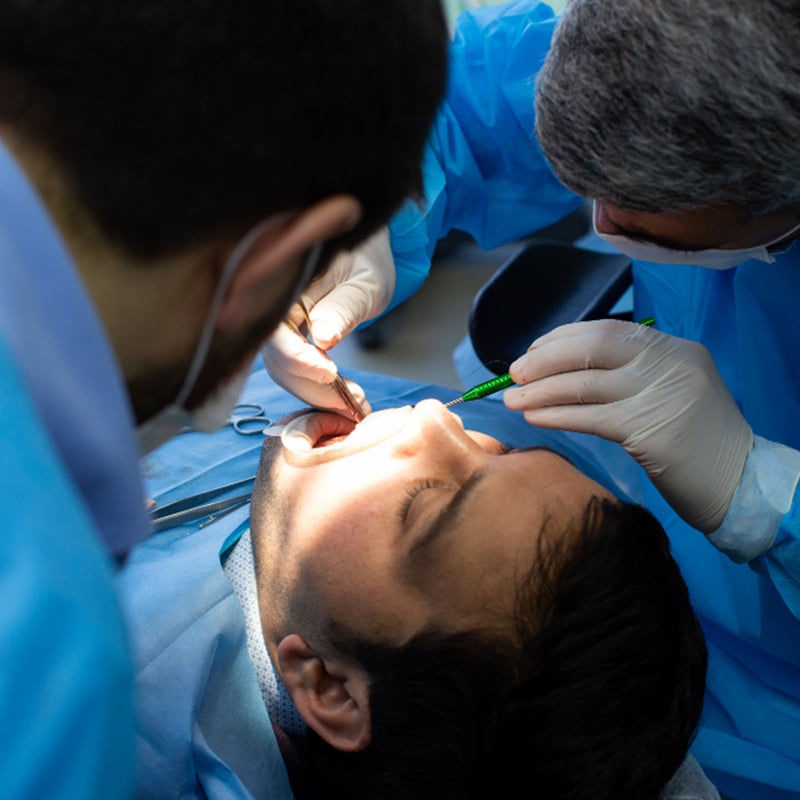
Root canal treatment side effects
Root canal symptoms may persist or recur after the treatment. This can happen if the infection was not eliminated, if the tooth has more than one root canal, or if the tooth cracks or fractures.
Side effects of root canal treatment include:
-
Infection: The infection may not go away or come back after the treatment. This may require another root canal treatment or surgery to remove the root tip.
-
Pain: The tooth may hurt or feel sensitive after the treatment. This is usually mild and short-lived and can be treated with painkillers. However, severe, lasting, or worsening pain may indicate a problem or an infection.
-
Swelling: The tooth or the surrounding area may swell or become inflamed after the treatment. This is also normal and should go away within a few days. You can use a cold compress or an ice pack to reduce the swelling and the pain. However, severe, spreading, or feverish swelling may indicate a serious infection or an allergic reaction.
-
Tooth fracture: The tooth may crack or break during or after the treatment. This may happen if the tooth is weak, has a large cavity, or is exposed to too much pressure or force. A tooth fracture can make the tooth vulnerable to bacteria and infection. If this happens, you may need a crown or a post to strengthen the tooth or an extraction if the tooth is beyond repair.
How to avoid root canal treatment?
The best way to avoid root canal treatment is to prevent tooth decay and infection in the first place. You can do this by knowing the causes and following these tips:
-
Brush your teeth twice a day with fluoride toothpaste and floss daily to remove plaque and food particles that can cause cavities and gum disease.
-
Eat a balanced diet and limit your intake of sugary and acidic foods and drinks that can erode your enamel and damage your teeth.
-
Drink plenty of water and chew sugar-free gum to stimulate saliva production and wash away bacteria and acids from your mouth.
-
Avoid smoking and tobacco use, as they can stain your teeth, cause bad breath, and increase your risk of oral cancer and other diseases.
-
Wear a mouthguard or a helmet when playing sports or engaging in activities that can injure your teeth or jaw.
-
Visit your dentist regularly for check-ups and cleanings and get dental X-rays when needed to detect and treat any problems early.
-
Follow your dentist’s instructions and recommendations for any dental work or treatments you may need, such as fillings, crowns, or implants.

Sources:
- Root Canal Treatment
- https://www.nhs.uk/conditions/root-canal-treatment/
- Dental Health and Root Canals
- https://www.webmd.com/oral-health/dental-root-canals
- Root Canal Procedure for Infected Tooth Nerve
- https://www.webmd.com/oral-health/root-canals
- Cavities/tooth decay- Diagnosis and treatment
- https://www.mayoclinic.org/ar/diseases-conditions/cavities/diagnosis-treatment/drc-20352898
.jpg)
